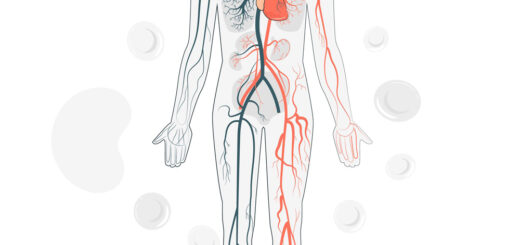Dr. Shefali Karkhanis: a Case of Monogenic Diabetes

Monogenic Diabetes (MODY) is a rare form of non-autoimmune diabetes and is a result of single-defect genes. Individuals are often diagnosed incorrectly with T1DM or T2DM since the phenotype of MODY is not distinct enough to differentiate from the other common forms of diabetes.
Case Report:
An 8-year-old male was hospitalized because of excessive weight loss and random blood glucose levels > 500 mg/dl. He complained mainly of polyuria, polyphagia and polydipsia. His laboratory reports revealed an HbA1c of 10% with ketosis +2 and his symptoms were indicative of Type 1 Diabetes Mellitus.
IV fluids, IV Insulin Infusion were employed as treatment protocols and thereby, on discharge he was kept on insulin four times a day.
During the follow-up in the year 2020, his family history revealed that his mother was diagnosed with diabetes at the age of 31 years and her grandmother at the age of 35 years.
Diagnosis:
Laboratory investigations showed Serum fasting C-peptide (CP) of 3.6 ng/mL and serum post-prandial CP of 7 ng/mL. The patient was meanwhile asked to continue insulin therapy and his reports were positive for MODY 3 mutation (a maternally inherited mutation).
Treatment:
The patient was thereby put on OHAs and sulfonylureas.
Results:
It was observed that the glycemic control had improved with an HbA1c of 7.2% and he did not have any episode of hypoglycemia.
Discussion:
A mutation in the gene HNF1A was observed in this case (refer to the image below). It could also be seen that the patient’s blood glucose levels were brought under control via sulfonylureas. Besides, a study conducted by V.Mohan put forth that HNF1A and ADCC8 are the most commonly mutated genes in Southern India.
The key takeaways also include that MODY is present in non-obese young individuals with <25 years of age having familial history of diabetes, incomplete insulin deficiency outside the normal honeymoom period (3 years) and not developing ketoacidosis even in the absence of insulin.




